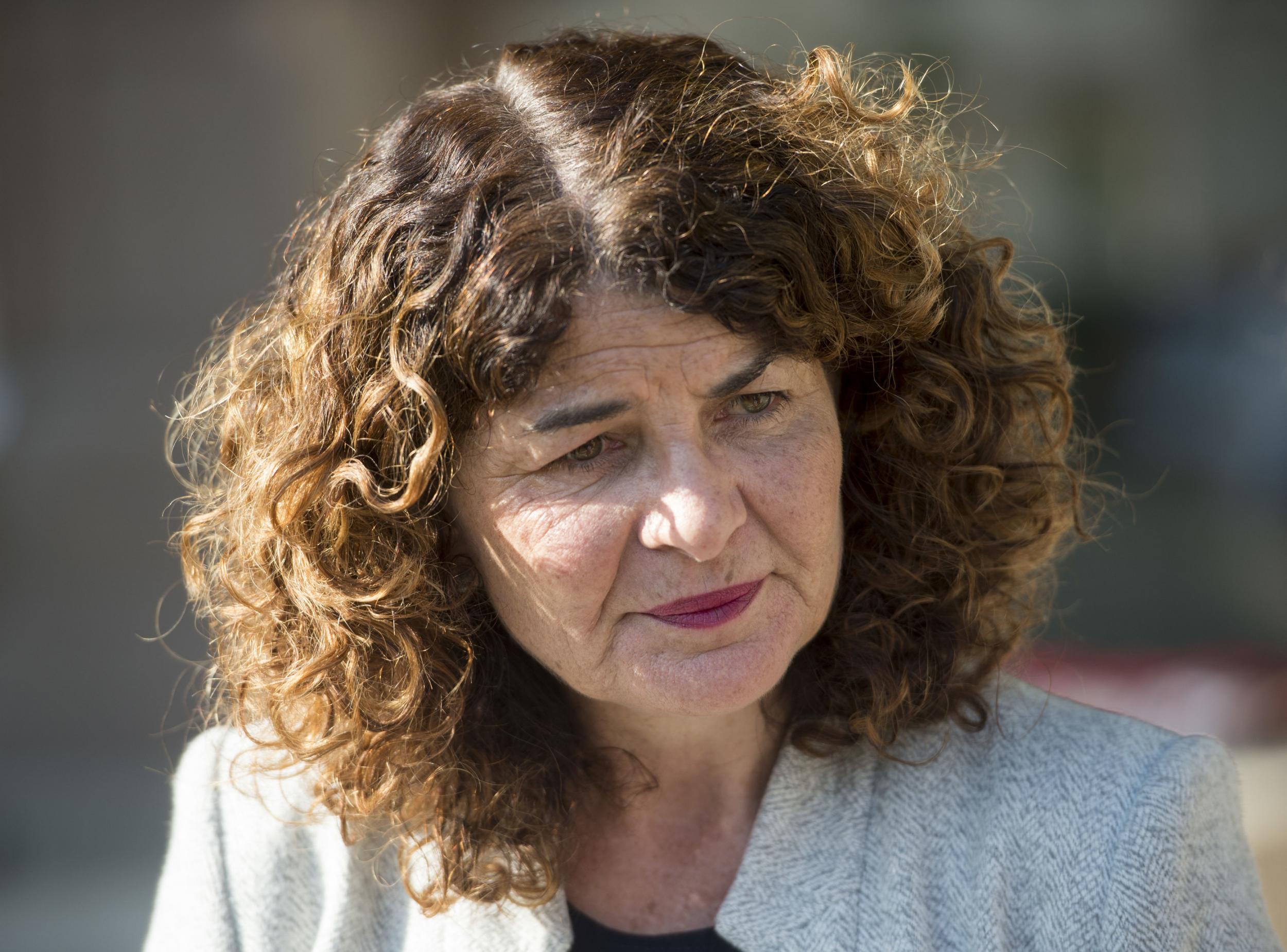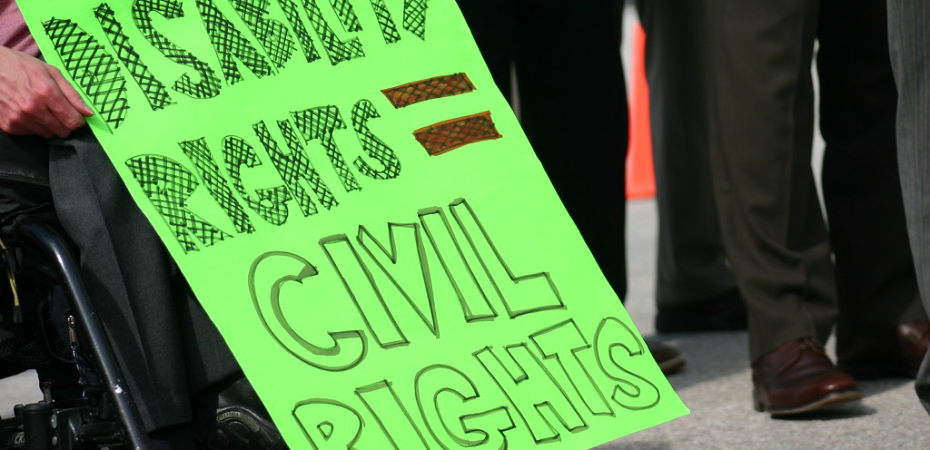AUGUST 28, 2023LABOUR HUB
UK Deaf and disabled people’s organisations have today launched a scathing report evaluating the government’s performance seven years on from a United Nations finding of grave and systematic violations of disabled people’s rights due to austerity and welfare reform.
Kamran Mallick, Chief Executive of Disability Rights UK said: “The evidence is clear: the situation has worsened for disabled people since the report in 2016. Disabled people have and continue to pay with their lives.
“The UK Government has made no attempt to respond in a positive way to the findings, and time and again refuses to engage with Disabled people and our organisations in a meaningful way.”
The findings published in November 2016 were the outcome of a special inquiry initiated by the United Nations Committee responsible for the Convention on the Rights of Disabled People.
The new report compiled as written evidence for a follow-up by the Committee describes how disabled people’s living standards have deteriorated further since 2016.
Continued cuts to support for disabled people living in the community have led to them becoming segregated away from society within their own homes.
A recent report by a disabled people-led Commission in Lewisham found that 20% of respondents didn’t always have access to food and drink, could not wash (or be washed) regularly and couldn’t go to the toilet when needed.
Social care charging is pushing thousands into debt or forcing disabled people to pull out of support they need. The last comprehensive research undertaken found 166,000 disabled people in social care arrears to their local council. A recent BBC investigation found 60,000 disabled people had debt proceedings started against them by their government.
“We are living in dire circumstances,” said Dr Jim Elder-Woodward, Convenor of Inclusion Scotland, “isolated, trapped at home or in institutions; cold, hungry, and humiliated. Despite the Scottish Government saying they want to hear from those ‘with lived experience’ in the development of their plans and policies, our human rights continue to be denied.”
Added to further regression under issues originally investigated by the inquiry, disabled people have now also experienced adverse consequences from Brexit exacerbating the social care recruitment crisis, and been disproportionately hit by both Covid and the current cost of living crisis.
Megan Thomas, Policy and Research Officer at Disability Wales said: “The high levels of poverty in Wales, the cost-of-living crisis, and the aftermath of Covid-19 have resulted in disabled people not having access to suitable accommodation, not being able to enjoy their right to the support they need, and in some cases, disabled people have lost their lives.”
The political crisis in Northern Ireland is yet another factor causing avoidable harm to disabled people: the austerity budget imposed on Northern Ireland in response to its lack of government will see services and funding for disabled people slashed.
Nual Toman, head of policy at Disability Action said: “The inadequate budget allocated to Northern Ireland from Westminster has resulted in a severe cuts programme which is shredding public services at an alarming rate with a severe and disproportionate impact on disabled people.
“The cost of living emergency combined with inadequate disability benefits and barriers in accessing work have resulted in increasing numbers of disabled people becoming reliant on food banks.
“All of this is occurring in the absence of a functioning government. Urgent action is required to protect the lives and rights of disabled people.”
The report also highlights the serious threat of further grave and systematic rights violations posed by recent plans announced by the government to intensify and expand the benefit sanctions regime and to scrap the current system of out of work benefits for disabled people unable to earn a living through paid employment.
Around 632,000 disabled people are at risk of losing essential income as a result of these plans.
More than a quarter of those who will be affected by the introduction of in-work conditionality – where claimants on low incomes in receipt of benefit top-ups will be required to look for higher paid jobs or more hours of work under threat of benefit stoppages if they do not comply – are disabled.
Many of these low-paid workers will struggle to increase their working hours and/or face barriers to the job search activities they will be required to undertake, such as digital exclusion.
The launch of the report has been timed to coincide with the Committee hearing evidence in Geneva from UK Deaf and disabled representatives and UK Equality and Human Rights Commissions. The UK government has decided not to attend.
John McArdle, founder of the Black Triangle campaign, said: “The government won’t attend because they haven’t got a hope of putting up a credible defence as they seek to compound their abuses and abrogation of the Convention.
“Rather than working with disabled people to ensure a rigorous and safe system that doesn’t cause avoidable harm to the most disadvantaged members of society, it has made its decision to scrap the Work Capability Assessment and replace it with a system that is guaranteed to be far, far worse and lethal.”
The report follows publication last week by the UK Equality and Human Rights Commissions of their own evaluation which found the government has made little or no progress on each of the Committee’s eleven recommendations.
The report is available here.
Image: https://www.flickr.com/photos/lccr/2865509591. Creator: The Leadership Conference on Civil and Human Rights. Licence: Attribution-NonCommercial 2.0 Generic (CC BY-NC 2.0)
Enter your email address below and click Subscribe to receive notifications of new posts by email. You’ll receive a verification email to acknowledge.
 LIZ WEDDON/UNSPLASH (VIA LDRS)
LIZ WEDDON/UNSPLASH (VIA LDRS) BENJAMIN ELLIOT/UNSPLASH (VIA LDRS)
BENJAMIN ELLIOT/UNSPLASH (VIA LDRS)












